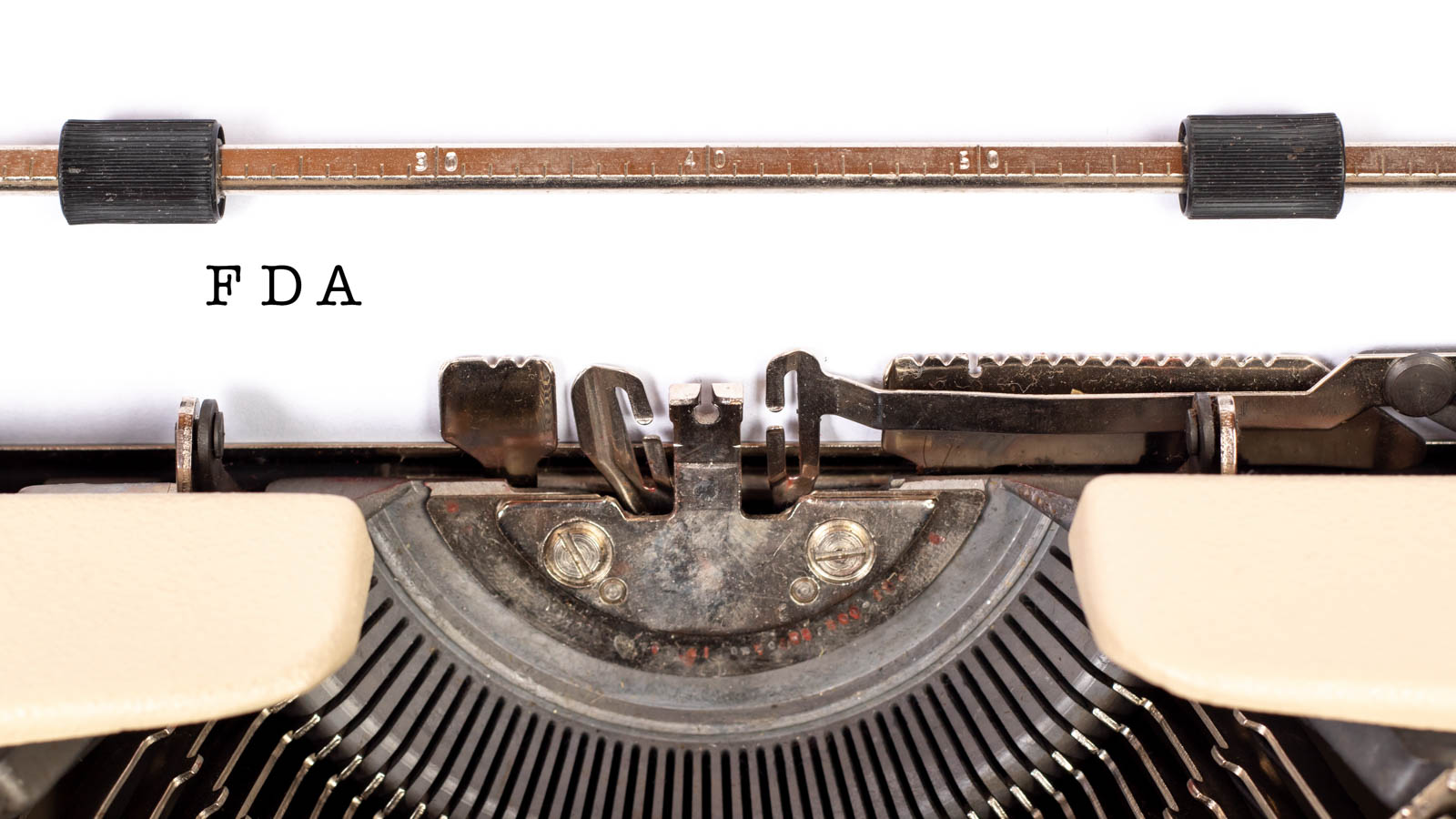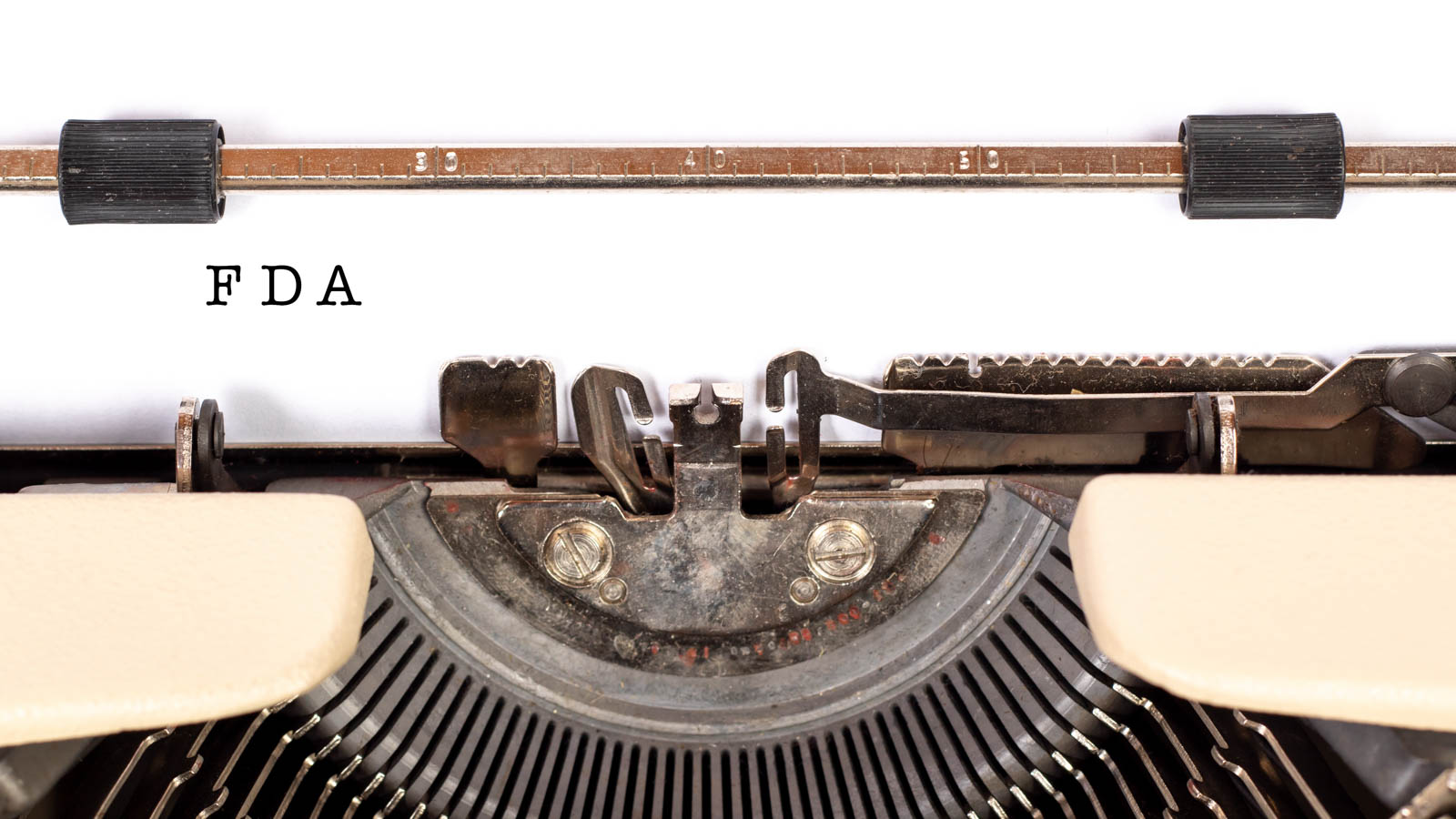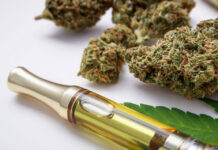
The outgoing head of the Food and Drug Administration (FDA) suggested March 19, 2019, that it would take several years for the agency to come up with rules around allowing hemp-derived cannabidiol (CBD) in food products — unless Congress steps in.
At a Brookings Institution event, FDA Commissioner Scott Gottlieb recognized that there’s strong interest among the cannabis industry and lawmakers in developing a regulatory framework through which CBD from hemp could be extracted, sold, and introduced into the food supply. The problem is that “CBD didn’t previously exist in the food supply, and it exists as a drug under the statute.”
“It can’t just be put into the food supply,” he said, arguing that current law only allows the FDA to “contemplate putting a drug that wasn’t previously in the food supply into the food supply if it goes through a rulemaking process.”
That rulemaking process can take two to three years for conventional products, and so because CBD is “more complex” — because of its association with marijuana — and has already been approved by the FDA as a drug to treat epilepsy in the form of Epidiolex, it could theoretically take much longer to develop those regulations.
(Photo via StickerGiant on Flickr)
“We’ve never done this before,” Gottlieb said. “It would be a highly novel rulemaking process.”
In the meantime, the FDA is putting together a “high-level work group” that will work to identify “some potential legislative pathways might be to create a framework for allowing CBD into the food supply.”
Gottlieb said he expects the group to release some recommendations by summer 2019, as Business Insider first reported.
The commissioner said the work group will be formally announced by late March 2019 and would involve a public meeting to solicit comments from stakeholders.
While Congress might have intended to permit the marketing of hemp-derived CBD through the 2018 Farm Bill, the commissioner indicated that additional legislation that specifically addresses CBD regulations would be necessary to allow the ingredient in the food supply. He said there’s a precedent for such actions, citing legislation around human growth hormone (HGH) and fish oil.
“I think you need to come up with a framework that defines concentration levels, where you would create some kind of cutoff, and that would be up to the agency to do,” he said. “Congress would obviously give directions to the agency to do that.”
“CBD in high concentrations isn’t risk-free, and in low concentration, it probably is safe — I don’t want to make a declaration here. It’s also a question of whether it’s providing any kind of therapeutic benefit in those concentrations, although people seem to believe that it has some value. But this is a process that the agency would have to work through. I think the most efficient way to get to a pathway would be through legislation, probably that would just be legislation that would specifically address CBD.”
Scott Gottlieb, Commissioner of Food and Drugs, official portrait.
Gottlieb made similar comments in response to questions from members of a House Appropriations subcommittee in February 2019, where he announced that the agency would hold a public meeting in April 2019 to gather input from stakeholders on CBD regulation.
In the new comments, the commissioner also added that he felt the Drug Enforcement Administration (DEA) would have to “formally de-schedule” hemp-derived CBD before moving forward with regulatory changes, in spite of the fact that the agriculture legislation shifted regulatory responsibility for the crop and its derivatives from the Justice Department to the U.S. Department of Agriculture (USDA).
“I think the prevailing view is that the plain language of the statute [of the Farm Bill] intended for that, but I’m not sure that DEA has done that yet,” he said. “But that’s another step that would have to take place. DEA would have to formally de-schedule CBD derived from hemp.”
The desire for clarity around CBD’s legality post-Farm Bill passage has been widespread. For example, the U.S. Postal Service issued an advisory earlier this month spelling out rules for mailing hemp-derived CBD. Representatives from state agriculture departments also heard talk about “alternative approaches” to regulating the compound at a conference last month.
In his remarks at Brookings, Gottlieb announced that the CBD work group would be co-chaired by Amy Abernethy, FDA’s principal deputy commissioner, and Lowell Shiller, the agency’s acting associate commissioner for policy.
In the meantime, it is clear that lawmakers want FDA to move on the issue.
“Every meeting I go into on Capitol Hill, almost every meeting, I get asked about this,” Gottlieb said.
This story was republished under a content sharing agreement with Marijuana Moment. You can read the original article here.











